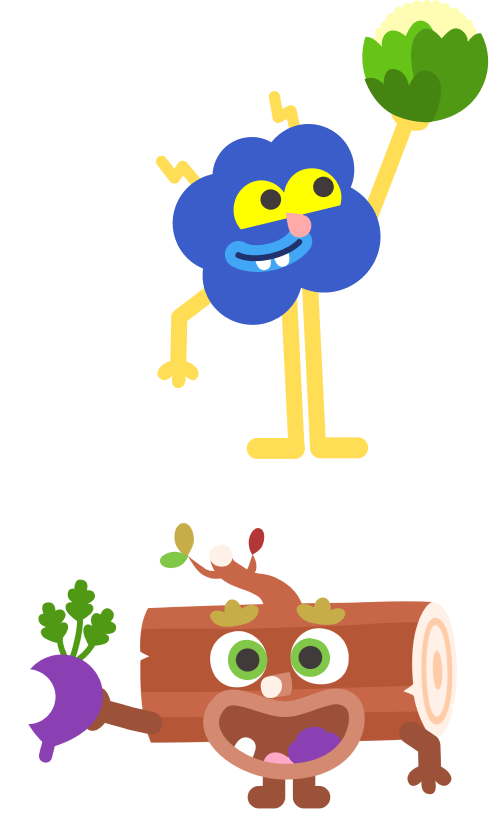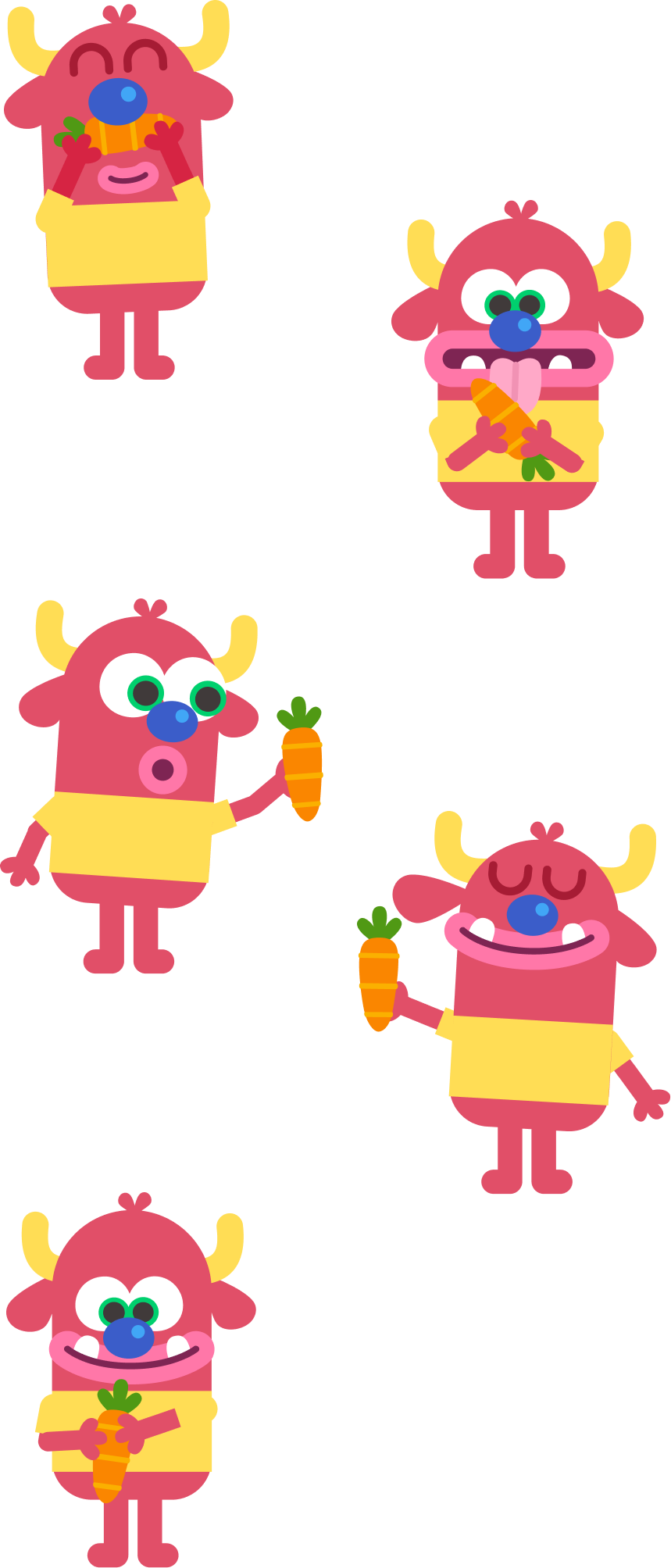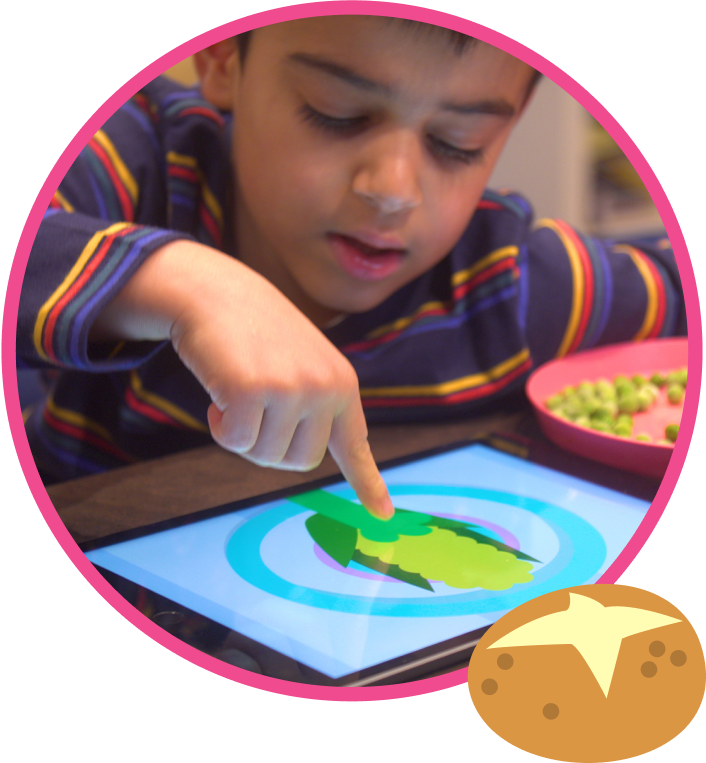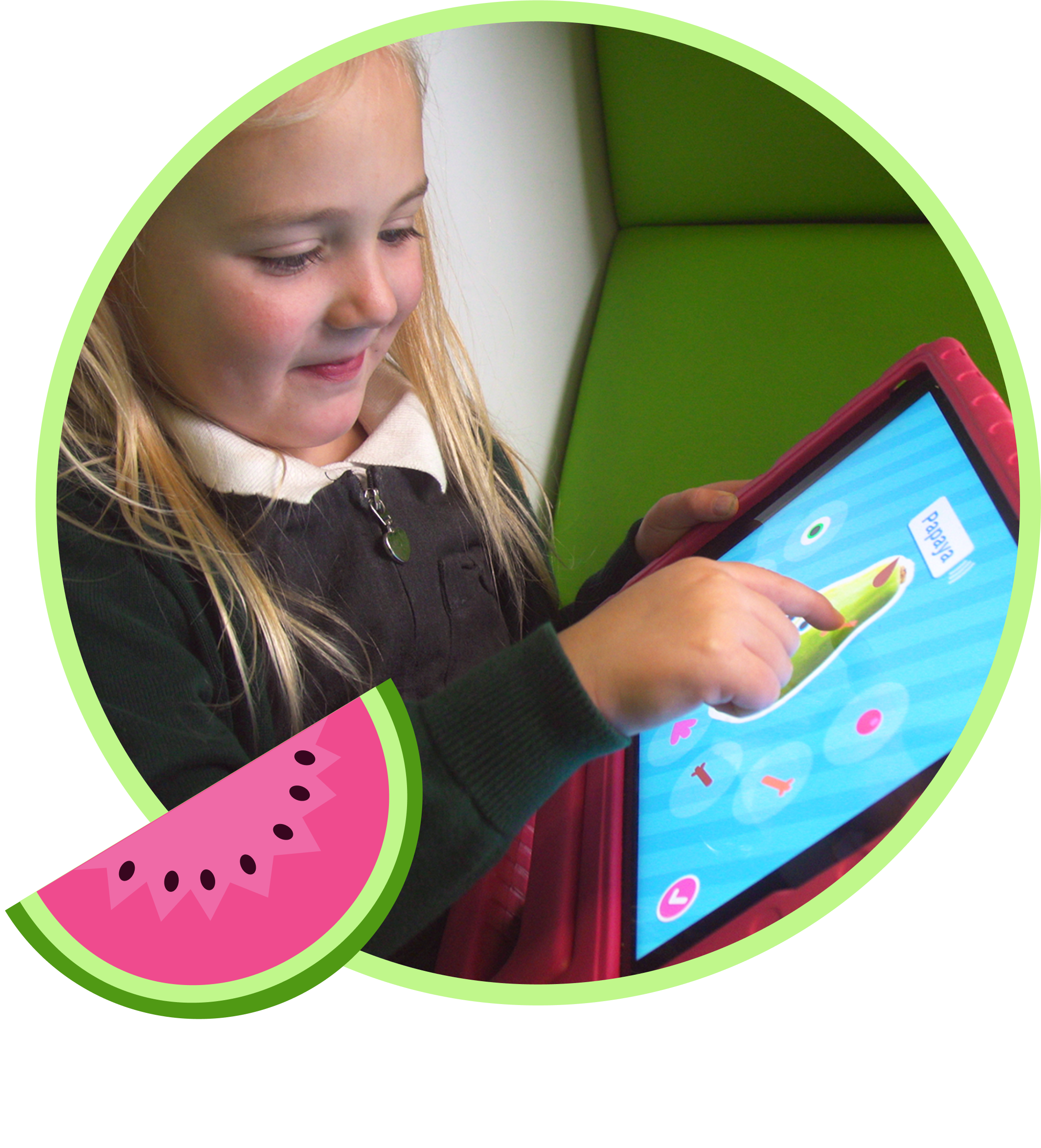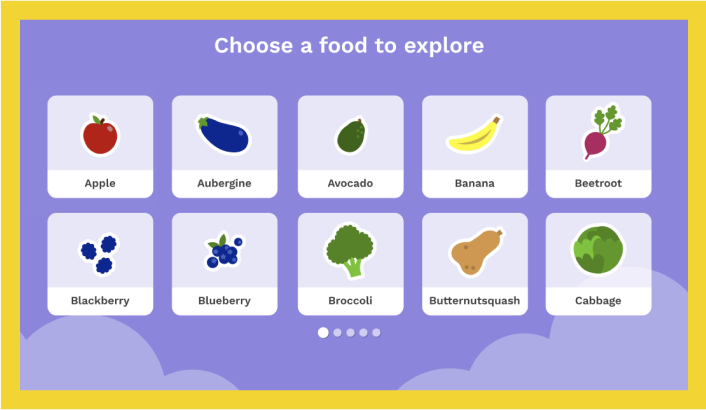Lucy is a chartered Research Psychologist with a PHD in children’s eating-behaviour. For over 15 years, she has been designing and testing strategies to improve children’s eating habits.
Lucy is the pioneer behind the innovative Tiny Tastes method, which helps children develop a love for a wider variety of fruits and vegetables. Her expertise has been instrumental in shaping numerous interventions to foster healthier relationships with food and encourage kids to explore a broader range of vegetables.
From the beginning, Lucy played a pivotal role in our game’s development, collaborating closely with the design team to ensure it combines science-backed research with engaging, kid-friendly fun. Her focus included studying how behaviour change techniques can effectively tackle picky eating:
“Tasting alone is not the full story when it comes to learning to like and be interested in food”.



